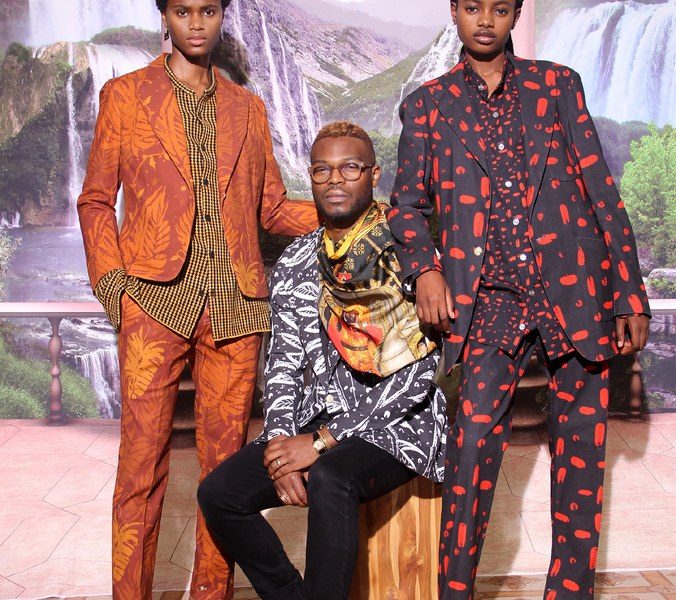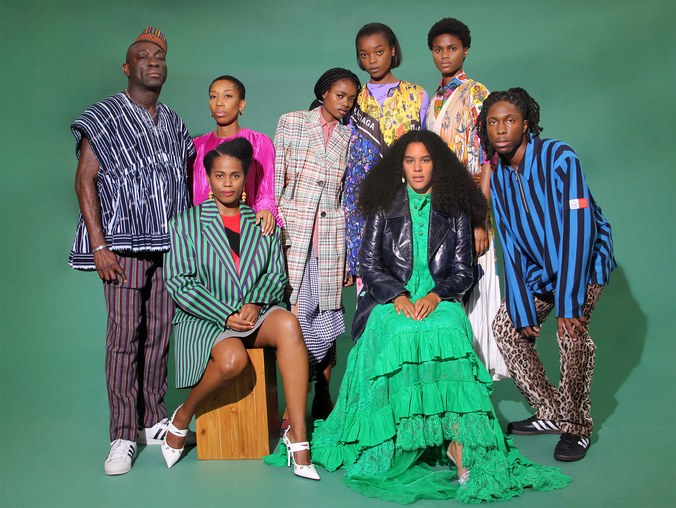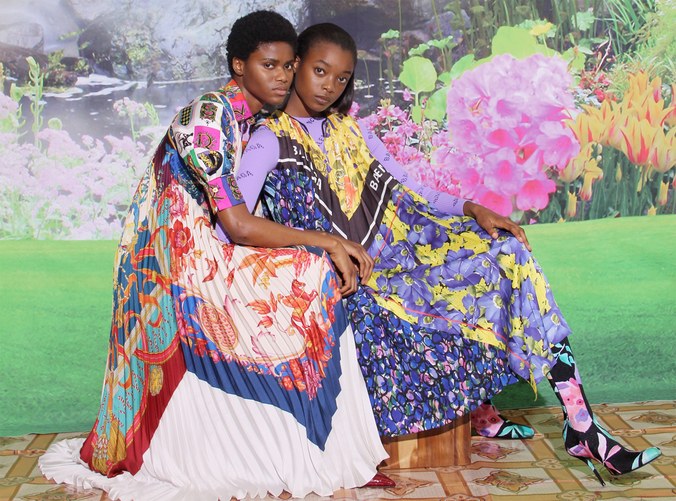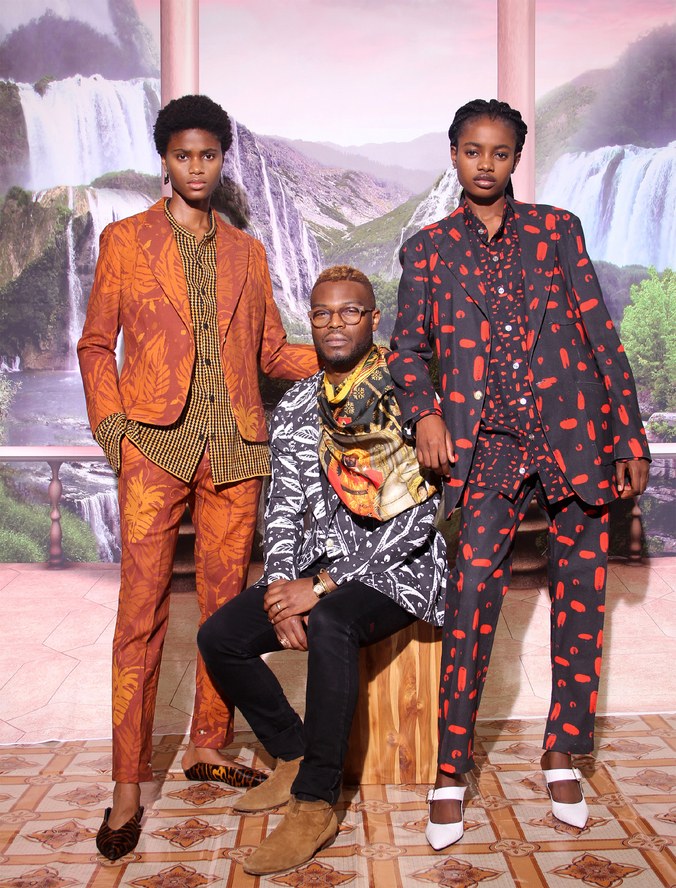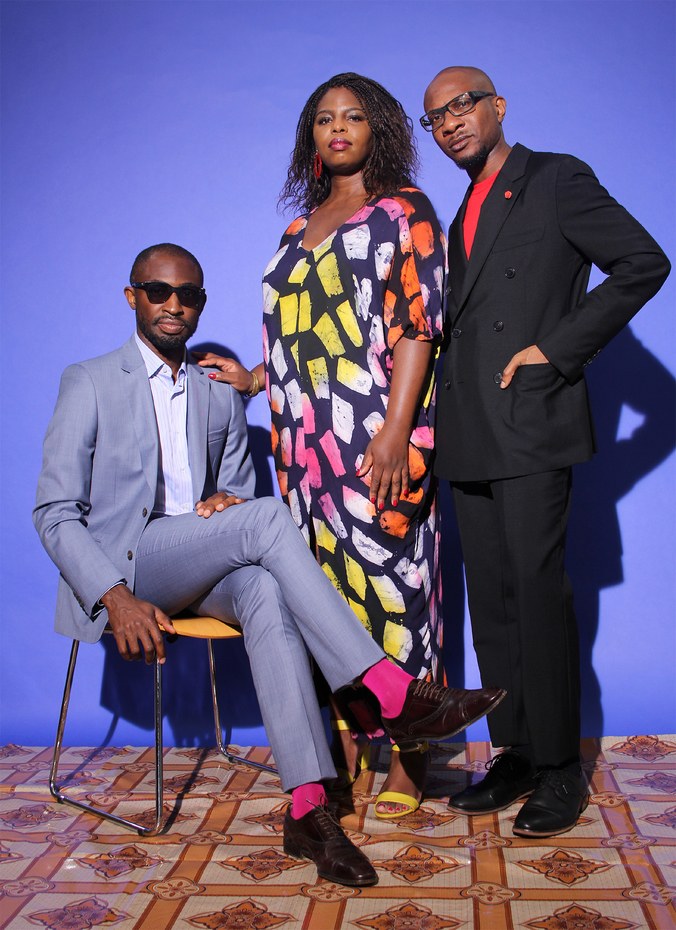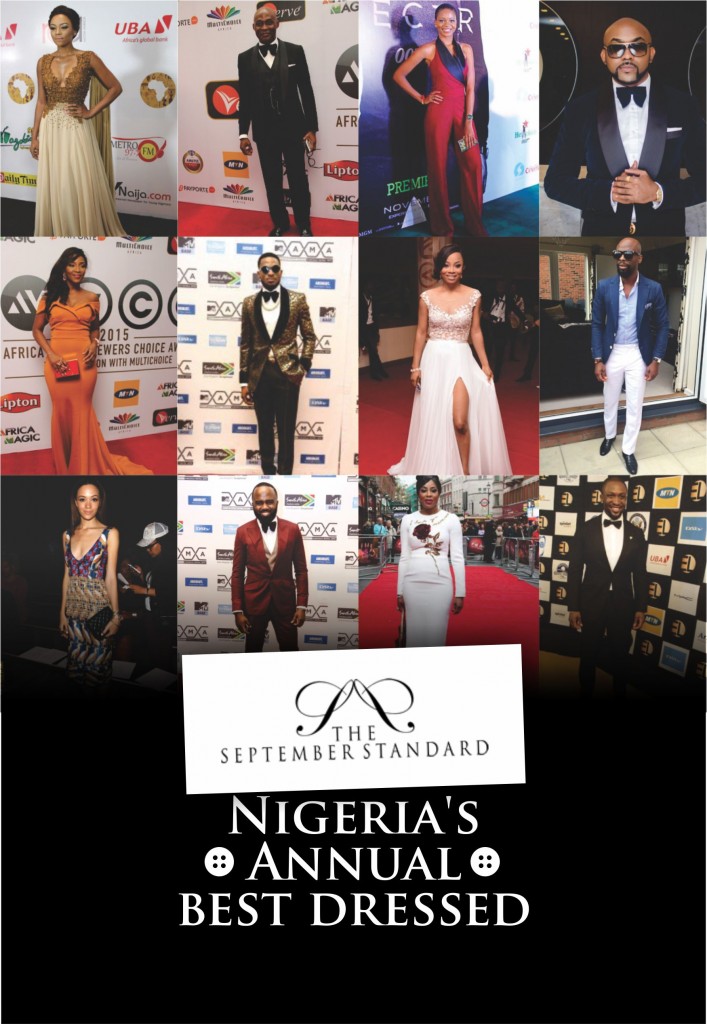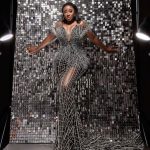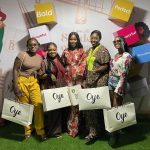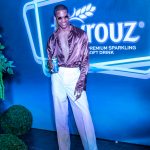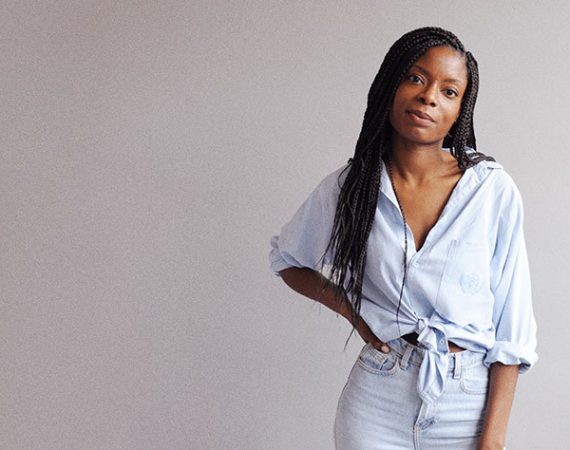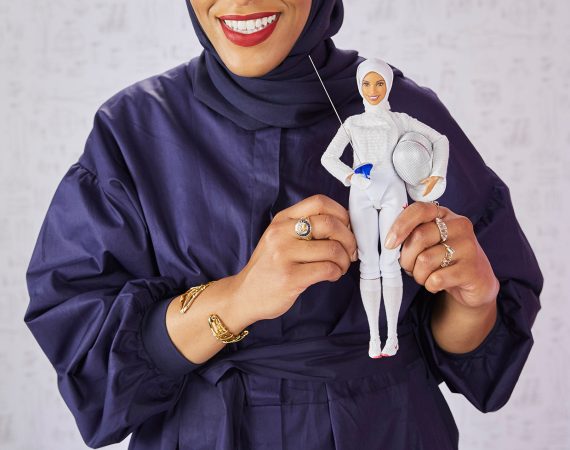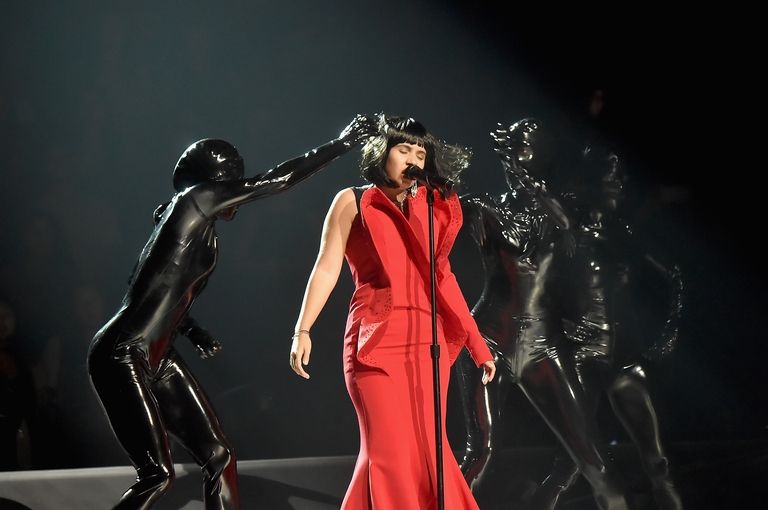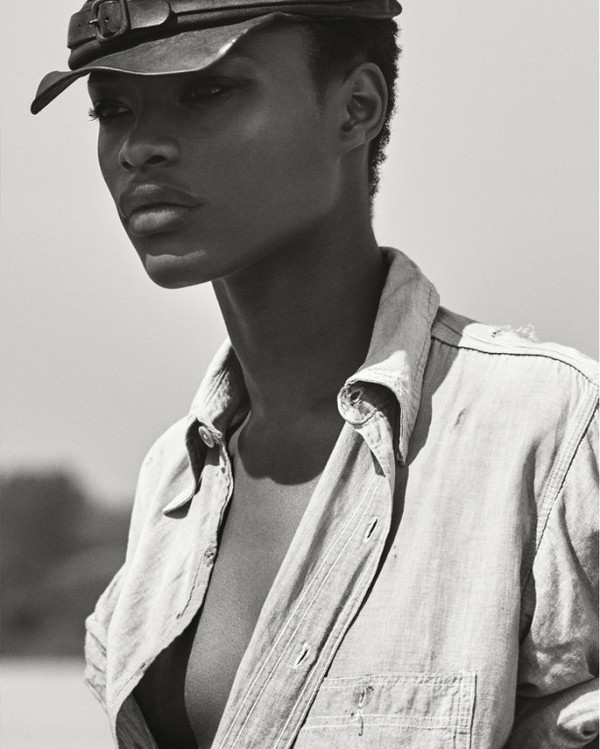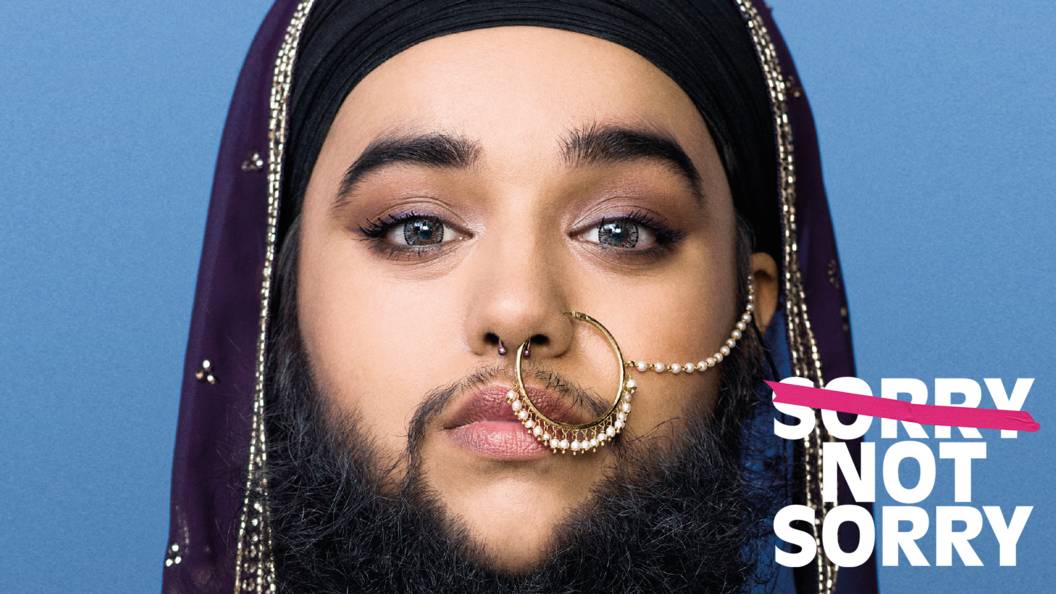This month, W Magazine writes on how the world is witnessing Nigeria’s creative golden age.
The magazine sites 2013 when Beyoncé placed a spoken passage by the Nigerian novelist Chimamanda Ngozi Adichie as the breakout moment. Since then, it says there has been a seeping, decentralized thing. Nigerian global influence today cannot be denied even though we can trace its influence centuries back even before Fela and Sade Adu.
But we enjoy W Magazine’s narrative so we read on.
In literature, music, fashion, or art, with new talents appearing at a relentless pace around the world. All of them feed off the scene in Nigeria itself—and in its megacity, Lagos, a frenetic engine of creativity says W.
The magazine briefly profiles the likes of Davido, Yemi Alade, Njideka Akunyili-Crosby, Toyin Ojih Odutola, Maki Oh, Duro Olowu, Daniel Obasi, Akwaeke Emezi, Chike Frankie Edozien, Adebayo Oke-Lawal, Jidenna, Teju Cole, Deberechi, Jimmy Ayeni, Ola Badiru, and Anthony Oye.
Excerpts:
An important force behind Nigeria’s cultural dynamism is its collector class, including deep-pocketed banks and corporations. Even more decisive, however, is the vast popular market for locally produced entertainment. It includes the sprawling Nollywood, but also the Hausa-language film industry, which is influential in the country’s north and gets exported to the Arab world. Nigeria’s music scene, too, allows artists to grow careers independent of foreign labels and tastemakers. “I’m able to make music locally,” says the musician Brymo, who began in mainstream pop and then moved to a more recherché singer-songwriter style. “Between downloads, streams, and gigs, people pay to see my group.”
The exponential growth of Nigerian pop music—now often called Afrobeats—tracks with the turn some 10 years ago toward a hybrid sound full of references to prior waves of Nigerian music, sung in English as well as in Yoruba, Igbo, and pidgin, a street vernacular. American, British, Caribbean, and Congolese borrowings add to the blend. It’s this music, not the more formulaic hip-hop and R&B that immediately preceded it, that has taken Africa by storm and merged with global black culture.
Photograph by Ruth Ossai; Styled by Jason Rider.1/8GAME CHANGERS
Self-belief is no culture’s monopoly, but talk to Nigerian creatives and you might be convinced otherwise. Here, the writer and journalist Chike Frankie Edozien (far left), whose recent memoir, Lives of Great Men, ruminates on what it means to be a gay Nigerian man today, stands beside the artist Ruby Onyinyechi Amanze (in pink), with Elizabeth Ayodele, Olivia Anakwe, and Imade Ogbewi, all models (standing, from left). In the front row are (from left) the writer Akwaeke Emezi, who identifies as ogbanje—a gender-ambiguous spirit that arrives from outside one’s lineage and inhabits the body—the photographer Ruth Ossai, and the talent agent Michael Rotimi.
Edozien wears Missoni trousers with his own clothing and sneakers. Onyinyechi Amanze wears a Givenchy dress; Sophie Buhai earrings. Ayodele wears a Versace coat and shirt; Loewe skirt and boots. Anakwe wears Balenciaga. Ogbewi wears a Salvatore Ferragamo dress; Versace shirtdress. Emezi wears a Calvin Klein 205W39NYC jacket, skirt, and shoes; Akris sweater; Emezi’s own jewelry. Ossai wears an Yves Salomon trench; Gucci dress; Miu Miu shoes. Rotimi wears a Martine Rose sweater and pants; Adidas sneakers.
Photograph by Ruth Ossai; Styled by Jason Rider.
4/8FASHION FORWARD
Nigerian designers, like Mowalola Ogunlesi (left) and Kenneth Ize, channel sexual ambiguity, street life, and local subcultures with their clothes.
Ogunlesi wears clothing and boots of her own design. Ize wears signature pieces from his spring 2019 collection.
Photograph by Ruth Ossai; Styled by Jason Rider.
5/8GRAPHIC PUNCH
Walé Oyéjidé (middle), the lawyer turned designer behind the label Ikiré Jones, whose lavish work appeared in the movie Black Panther, believes that “clothing is a vehicle to talk about culture.”
Ogbewi, Oyéjidé, and Ayodele (from left) wear suits from Ikiré Jones. Ogbewi wears a Missoni shirt; Kathleen Whitaker earrings; Alumnae shoes. Oyéjidé wears his own jeans, glasses, jewelry, and boots. Ayodele wears Erdem shoes.
Photograph by Ruth Ossai; Styled by Jason Rider.
6/8LAGOS NIGHTS
The model Daberechi (left) and London-based Akinola Davies Jr., who is also known as Crackstevens, an emerging art, music, and fashion star, with a recent project for Kenzo, a video for Devonté Hynes, and his own art film, Boot/Leg, on the street culture of counterfeit fashion.
Daberechi wears Prada clothing and Manolo Blahnik boots. Davies wears his own Ozwald Boateng suit and Saint Laurent by Anthony Vaccarello sunglasses.
Photograph by Ruth Ossai; Styled by Jason Rider.
7/8EASY STREET
London’s Nigerian-influenced streetwear brand Vivendii, started in 2011 by Jimmy Ayeni, Anthony Oye, and Ola Badiru (from left), collaborated this year with Virgil Abloh’s Off-White and Nike on a limited-edition jersey for the Nigerian soccer team.
Ayeni wears a Vivendii top; Marni suit; Bunney choker; his own necklace and sandals. Oye wears a Vivendii shirt; Craig Green trousers; Ambush necklaces; Alexander McQueen boots; his own sunglasses. Badiru wears a Vivendii shirt; Alexander McQueen coveralls; Ambush jewelry; Bunney bracelet and signet ring; Falke socks; Marni sneakers.
Photograph by Ruth Ossai; Styled by Jason Rider. Hair by Neil Grupp for Orlando Pita Play at The Wall Group; Makeup by Yui Ishibashi for MAC Cosmetics; Model Casting by Edward Kim at The Talent Group; Photography Assistant: Michael Rotimi; Fashion Assistants: Ray Reyes, Dan Small; Ogunlesi, Ize, Ayemi, Oye, Badiru, Daberechi, Davies: Hair by Virginie Moreira for Bumble and Bumble at Saint Luke; Makeup by Lauren Reynolds; Photography Assistant: Ryan Coleman; Fashion Assistant: Peter Evans.8/8TRIPLE THREAT
From left: The writer, filmmaker, and medical doctor Uzodinma Iweala, author of Beasts of No Nation and Speak No Evil, and director of the African Center, in New York; the writer and video artist Zina Saro-Wiwa; the critic and writer Teju Cole, who trains a meditative eye on Lagos in his novel Every Day Is for the Thief, first published in the U.S. in 2014.
Iweala wears a Paul Smith suit; Brioni shirt; Falke socks; his own shoes. Saro-Wiwa wears Elsa Peretti for Tiffany & Co. earrings; her own clothes. Cole wears an Hermès suit; Brioni sweater; his own glasses, pin, and shoes.

